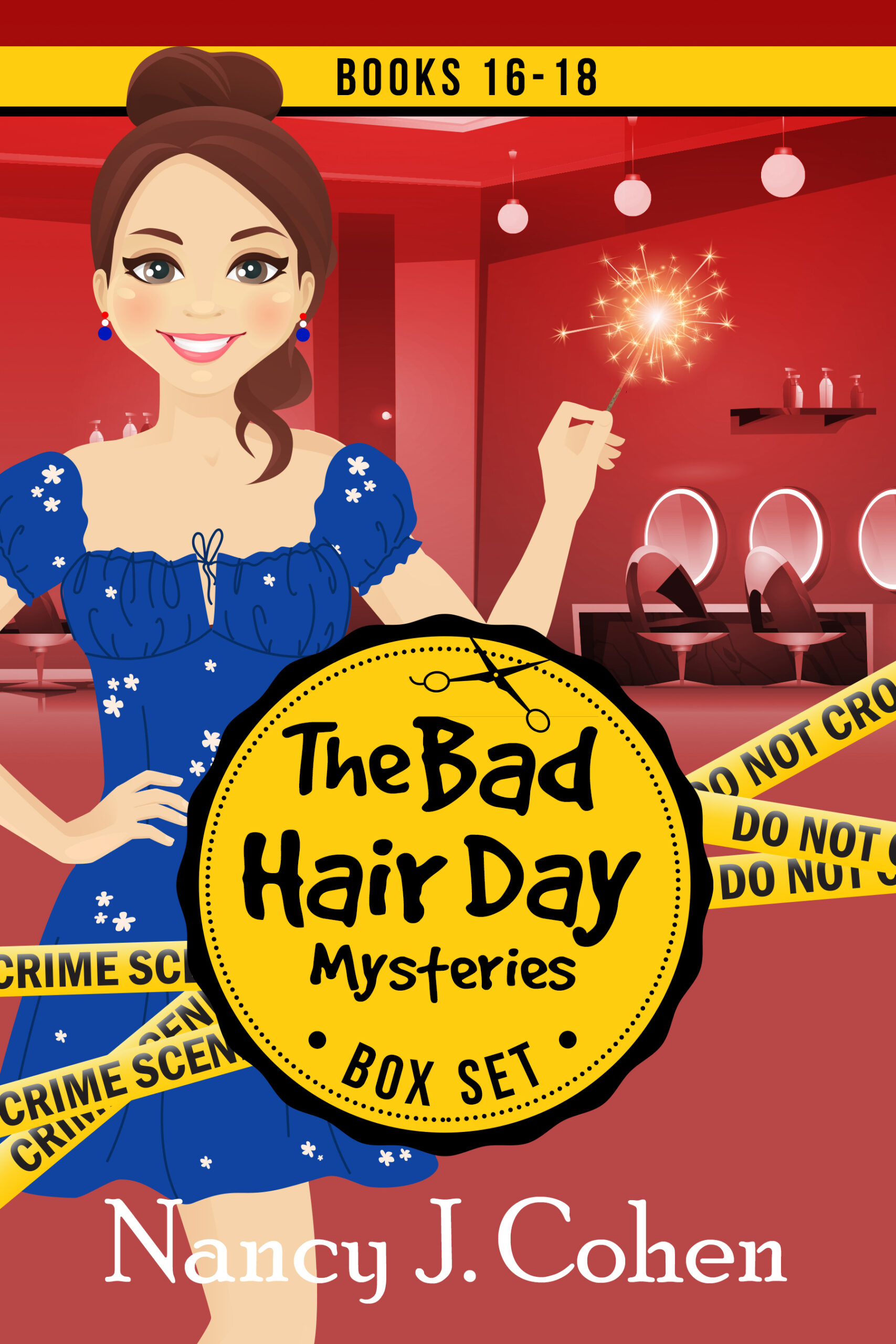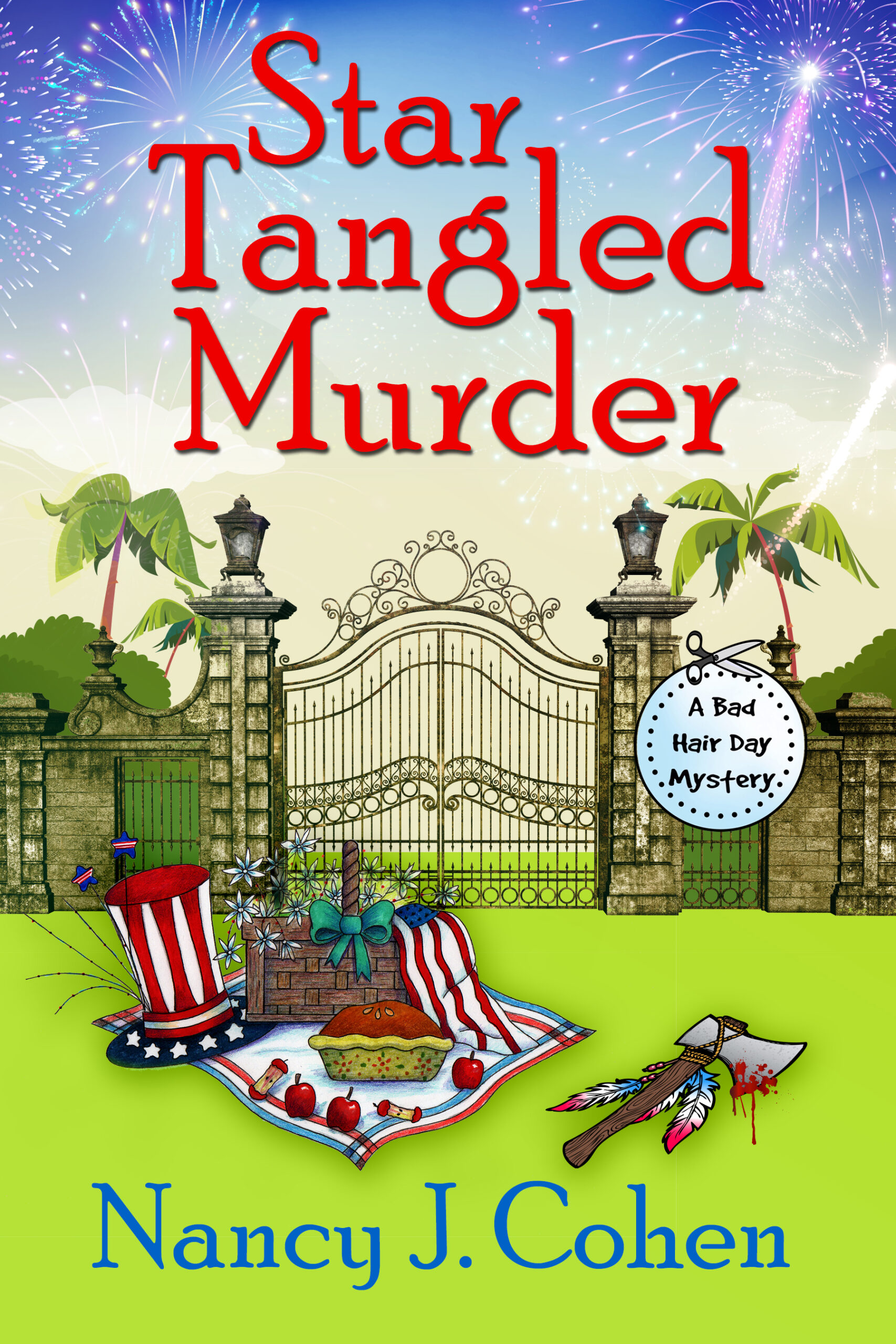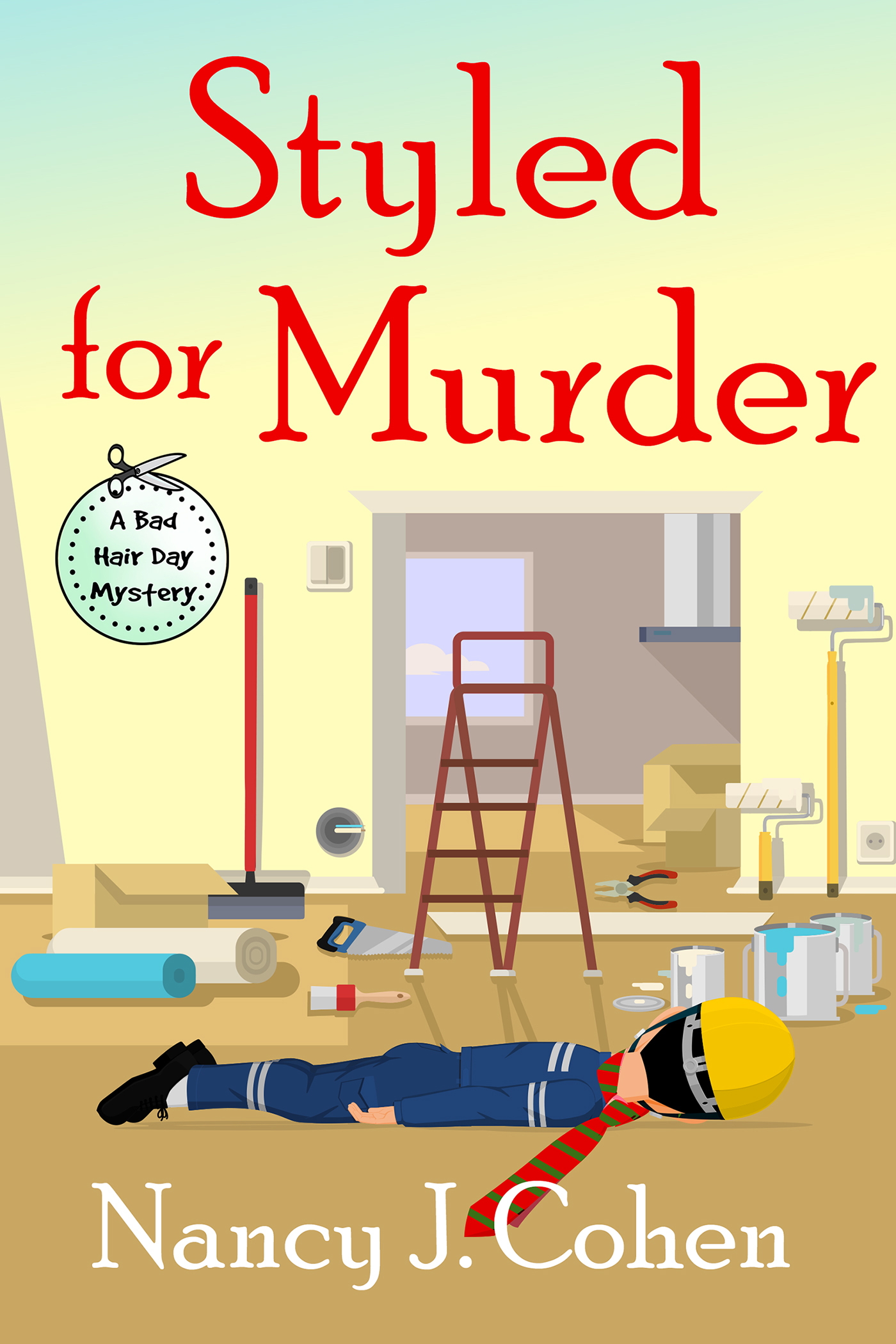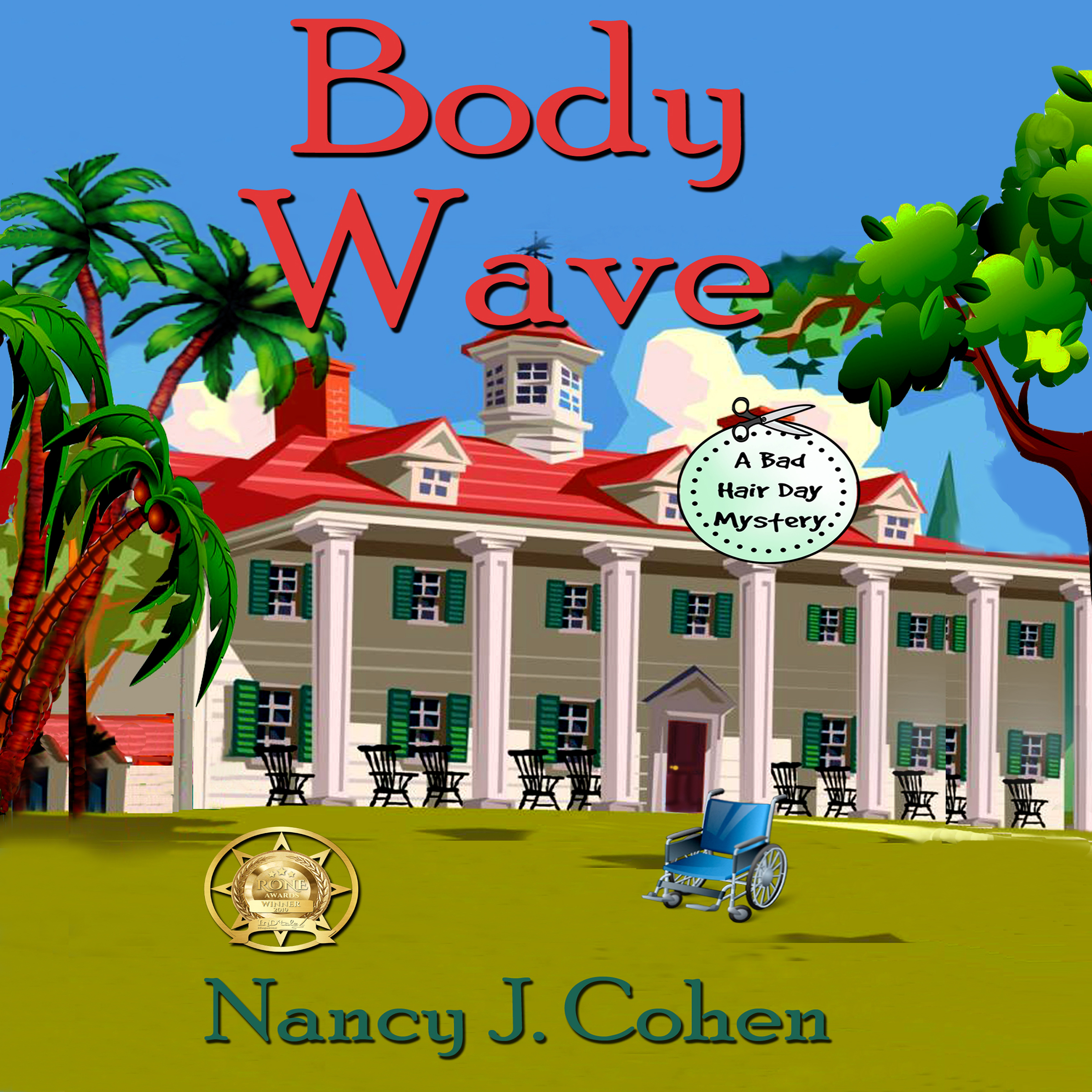Your main goal in writing a mystery, or any kind of fictional work, is to create story questions in the reader’s mind. This creates suspense that you need to propel the story forward. Even as you are plotting the book, assuming you’re a plotter like me and not a pantser (figuring it out as you go), you need to keep asking yourself ongoing questions.
Let’s take a story I have in mind as an example. The setting is a historic house. Suspects may include the head docent, the owner or owner’s children, a board of trustees if they own the place, the gardener, café manager, and gift shop lady. Objects are being stolen from this house one at a time so the theft won’t be noticed. So here we come to several questions.
Why is someone stealing valuable objects?
The thief needs money. What for?
Gambling debts (a bingo addict? Horse races? Jai A’lai games? Illegal online gambling?)
Medical care (expensive medications for a hidden disease? Medical treatment for a loved one? Nursing home care for an aged relative?)
To pay back a loan or to pay blackmail money
Greed (he’s not getting paid enough)
To hide financial losses
Or the thief is stealing out of a sense of entitlement. The culprit feels these items should be rightfully his because the former owner (a distant relative?) swindled his father out of his inheritance. Or was his father cheated by a business partner, the former owner of the estate?
Note that you can assign one of these motives to each suspect without deciding which one is the killer. It’ll make them all seem guilty.
Next question would be: Who has access to the house? This could be any of the above named suspects, plus the cleaning staff, repairmen, or other minor players.
So the thief steals these items. How does he sell them? Does he go through a person acting as fence? If so, how did he gain this criminal connection? Has he been incarcerated, which is where he got the idea for thievery and learned these skills? Or maybe the culprit is a woman lonely for attention who’s been seduced by a bad boy?
What about security? Are the valuable items in locked display cases? Is there video monitoring, motion detectors, glass-break alarms? Or are the objects in plain sight in various rooms guarded by security personnel until closing time?
Now we come to the next big question. Who is killed and why? Did the victim witness the thief in action? Maybe he saw the crook hand off the item to his fence in exchange for a wad of cash. Or he stumbled into the culprit and the stolen object tumbled from the thief’s jacket onto the ground. Either way, this appears to be a crime of opportunity.
The sleuth finds the body. What is the means of murder? Where does she find the victim? Let’s say the sleuth also discovers one of the stolen items on the estate grounds. How does it get there? Did the thief mean to get rid of the evidence, or did the item fall from his pocket accidentally?
Now let’s turn everything around. Thefts have been taking place at this estate, and the suspects all seem to be hiding these secret motives we’ve discussed. But what if the victim’s death was premeditated? The autopsy reveals that this act was set in motion even before the day’s events began. He died from poison, not the knife wound. Plot twist! Now your sleuth has to reexamine all the motives, the access to the victim, and the specialized knowledge needed to commit the murder.
If you’re a mystery writer who likes to plan things out in advance, you need to answer all these questions before you begin writing the novel. You might be a pantser who starts with a story crisis and keeps writing, being surprised along the way. But as you can see, a plotter can be surprised as well when these plot twists pop up. I call this process story magic coming into play. The point is to keep asking questions. These same questions will plague your readers, and that creates suspense. When one issue is settled, you’ll need to raise more questions to keep the tension going throughout the book.
Plotting Questions for Mystery Writers #amwriting #writetip Share on X























Fantastic suggestions re plotting as always!
Thanks so much, Marilyn!
“Ask Why” is my approach to writing.
Yes to “Why” and “What If?”
Wonderful insight! Thanks for the information! And always thank you for giveaway!
Thanks for stopping by, Tashia!
This was very interesting, I’d always wondered about the process!!
If you want more insider secrets, check out my book, Writing the Cozy Mystery: Expanded Second Edition https://amzn.to/2Pbmwoh
A good reminder, Nancy. I’m in the middle of a story and had to re-arrange the crime for the sake of authenticity. Your post helped me out of a ditch I’d dug my characters into! Thanks!
I’m glad this piece helped you out of your plotting hole!